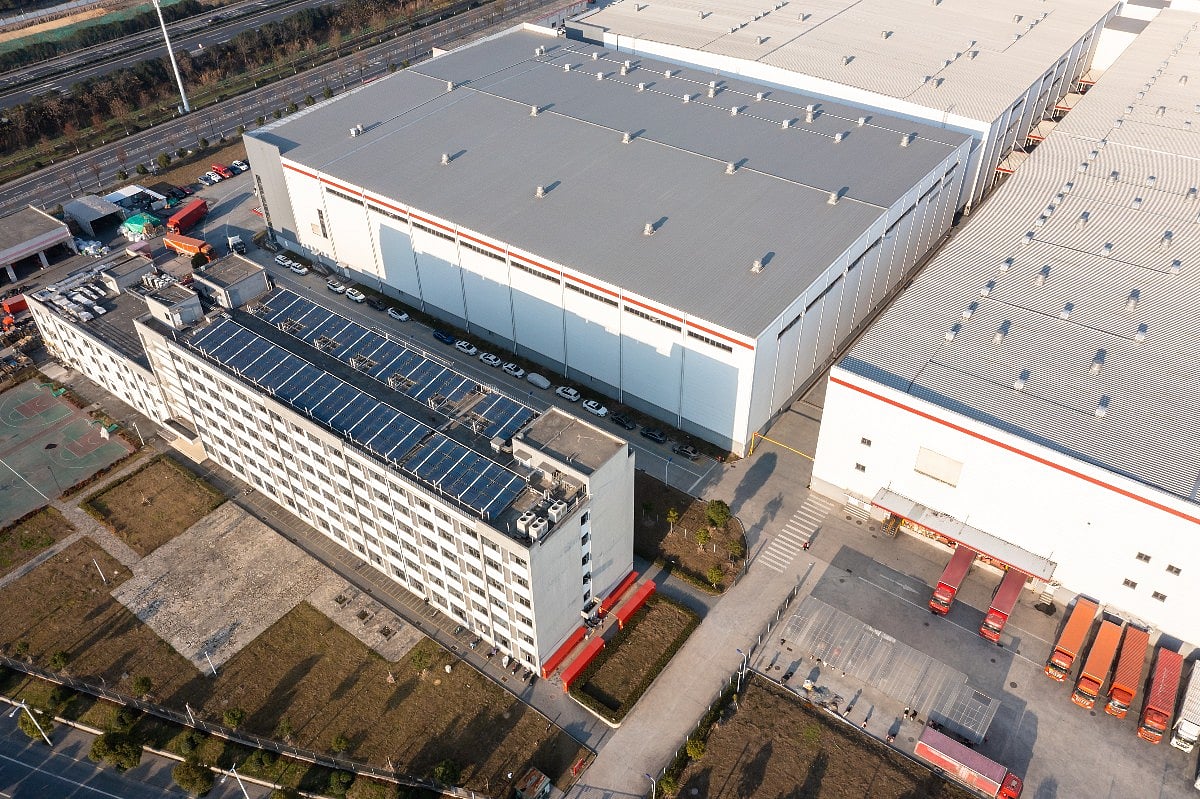Due to a recent change in our pharmacy software system, the process for submitting refill requests online has now changed.
Our previous mobile app and your current login credentials will no longer work.
Please click the Patient Portal tab to begin the new process.
Thank you for your patience during this transition.
Get Healthy!

- Dennis Thompson
- Posted July 24, 2024
Huge Warehouses Can Create Unhealthy Neighborhoods
Online retail giants like Amazon have made it easier for people to buy what they want when they want it, but that convenience comes at a cost to people’s health, a new study says.
Huge warehouses that support online shopping increase air pollution in the neighborhoods where they’re located, increasing residents’ risk of asthma attacks and other life-threatening health conditions, researchers found.
Specifically, delivery vehicles and trucks increase the amount of nitrogen dioxide in the air near warehouses by an average of 20%, results show.
“Increased truck traffic to and from these recently built large warehouses means people living downwind are inhaling an increased amount of harmful nitrogen dioxide pollution,†said lead researcher Gaige Kerr, an assistant research professor of environmental and occupational health at the George Washington University Milken Institute School of Public Health in Washington, D.C.
“Communities of color are disproportionately affected because they often live in close proximity to warehouses, especially dense clusters of warehouses,†Kerr added in a university news release.
Breathing air heavily laced with nitrogen dioxide irritates the respiratory system, according to the Environmental Protection Agency. Common symptoms are coughing, wheezing or difficulty breathing, particularly if exposure leads to the development of asthma or respiratory infections.
For the study, researchers used satellite data to measure nitrogen dioxide levels around nearly 150,000 large warehouses in the United States.
The pandemic fueled explosive growth in online retail, putting more truck traffic on the roads near newly built warehouses, researchers said in background notes.
For example, Amazon operated 175,000 delivery vans and more than 37,000 semi trailers in 2021 alone, researchers said.
They found that the average increase in nitrogen dioxide pollution around these warehouses was 20%, but that spikes in the pollutant could be even higher with more heavy-duty vehicle activity near these facilities.
Warehouses featuring more loading docks and parking spaces tended to have the highest nitrogen dioxide levels because they attract they most traffic, researchers found.
Researchers also discovered that communities of color tend to live near these warehouse sites. For example, the proportion of Hispanic and Asian people living close to the largest clusters of warehouses is about 250% higher than the national average.
The new study was published July 24 in the journal Nature Communications.
These results underscore the need to shift America toward zero-emissions vehicles like electric trucks, researchers argue. Online retailers could help in this transition.
“Such measures would mean people living near warehouses could breathe cleaner air,†Kerr said. “In addition to a reduced risk of pollutant-related diseases, such measures would also reduce greenhouse gas emissions associated with climate change.â€
More information
The Environmental Protection Agency has more on the health effects of nitrogen dioxide.
SOURCE: George Washington University, news release, July 24, 2024





